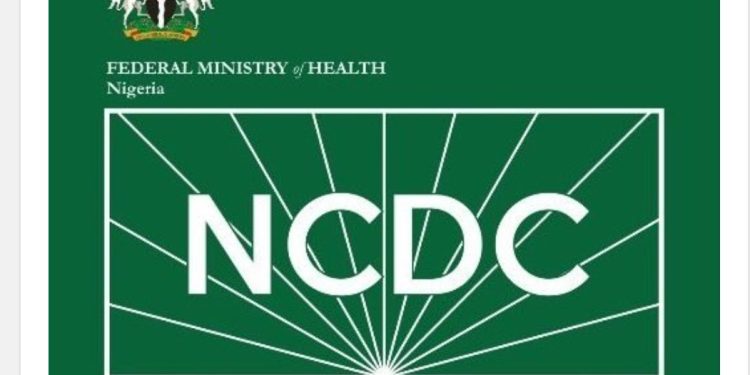The Nigeria Centre for Disease Control (NCDC) has assured the public that the Human Metapneumovirus (HMPV), a virus associated with respiratory infections, poses no immediate threat to Nigeria.
The NCDC also clarified that HMPV is not a new virus but one that is relatively unknown to many.
Speaking on Thursday during an interview on Channels Television’s Sunrise Daily, the NCDC Director-General, Jide Idris, emphasized that no single case of HMPV has been recorded in Nigeria. He urged the public not to panic, assuring that the country is on high alert and adequately prepared to tackle any potential cases.
“Let me say, there’s no serious threat for now. That’s one. Two, this HMPV virus, it’s not a new virus. It’s just that it’s not well-known. But it’s been implicated in many respiratory infections over the years, especially in children and elderly people,” Idris stated.
The NCDC chief explained that HMPV is similar to other respiratory viruses, such as influenza, and is one of the causes of respiratory problems globally.
“Just like the normal flu, old virus, or influenza, respiratory virus, it’s just one of those causes of respiratory problems,” he said.
Idris disclosed that Nigeria is working closely with the World Health Organization (WHO) to monitor the situation and ensure readiness. He highlighted the importance of global collaboration in addressing potential public health threats.
“We are in a monitoring and alert phase, and that’s why, again, we take instructions from WHO globally. Every country is supposed to report cases like this—any case or problem to WHO—so that they can alert every other country to get prepared. That’s precisely what we are doing in Nigeria,” he explained.
Reflecting on past experiences with diseases like Ebola and COVID-19, Idris noted that Nigeria has developed robust public health infrastructure and capabilities to respond to emerging threats.
“We’ve experienced some major problems—we had Ebola, and we had COVID. With those two, we developed some capabilities. We learned our lessons and put infrastructures in place. So we’ve got public health infrastructures. These are things you need to put in place in expectation of things like this so that you don’t have to start running helter-skelter,” he said.
To prevent the spread of HMPV, the NCDC boss advised Nigerians to adopt basic hygiene practices, such as frequent handwashing and avoiding overcrowded places.
Idris reassured the public that the NCDC is committed to safeguarding the health of Nigerians and will continue to monitor the situation in collaboration with international health organizations.

















